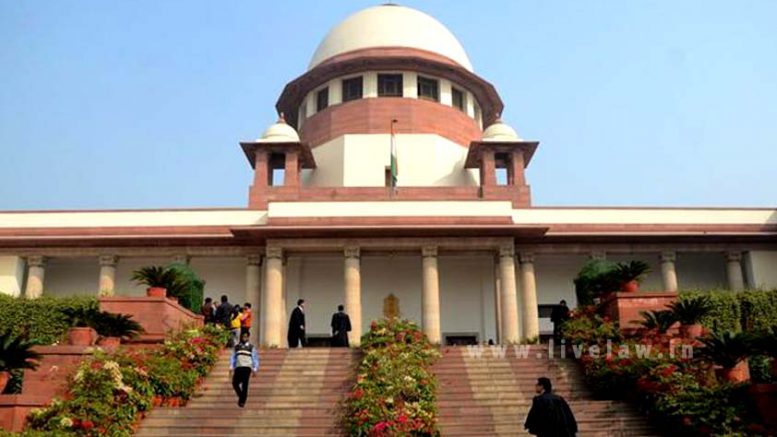The Supreme Court on Friday allowed passive euthanasia with certain guidelines and said that human beings have the right to die with dignity. The order came on a petition seeking recognition of ‘living will’ made by terminally-ill patients for passive euthanasia.
A five-judge Constitution bench of the apex court, headed by Chief Justice of India Dipak Misra passed the order allowing passive euthanasia with guidelines.
Living will is a written document that allows a patient to give explicit instructions in advance about the medical treatment to be administered when he or she is terminally ill or no longer able to express informed consent.
Passive euthanasia is a condition where there is withdrawal of medical treatment with the deliberate intention to hasten the death of a terminally-ill patient.
A five-judge constitution bench headed by Chief Justice Dipak Misra had on October 11 last year reserved its verdict on the plea.
The top court had in 2011 recognised passive euthanasia in Aruna Shanbaug’s case by which it had permitted withdrawal of life-sustaining treatment from patients not in a position to make an informed decision.
The Centre had opposed recognition of ‘living will’ and said the consent for removal of artificial support system given by a patient may not be an informed one and without being aware of medical advancements. It had cited examples of various countries in disallowing creation of living will by patients.
Advocate Prashant Bhushan, appearing for petitioner NGO Common Cause, had argued that safeguards were needed while taking a decision by medical boards to withdraw life support of a patient.
The bench was hearing the PIL filed in 2005 by the NGO, which said when a medical expert is of the opinion that a person afflicted with a terminal disease has reached a point of no return, he should be given the right to refuse life support.
On January, 15, 2016, the Centre had said the 241st report of the Law Commission stated that passive euthanasia should be allowed with certain safeguards and there was also a proposed law –Medical Treatment of Terminally Ill Patient (Protection of Patients and Medical Practitioners) Bill, 2006.
It had said that on specific occasions, the question of withdrawing supporting devices to sustain cardio-pulmonary function even after brain death, shall be decided only by a doctors’ team and not by the treating physician alone.




Be the first to comment on "Passive Euthanasia Permissible With Guidelines, Says Supreme Court"